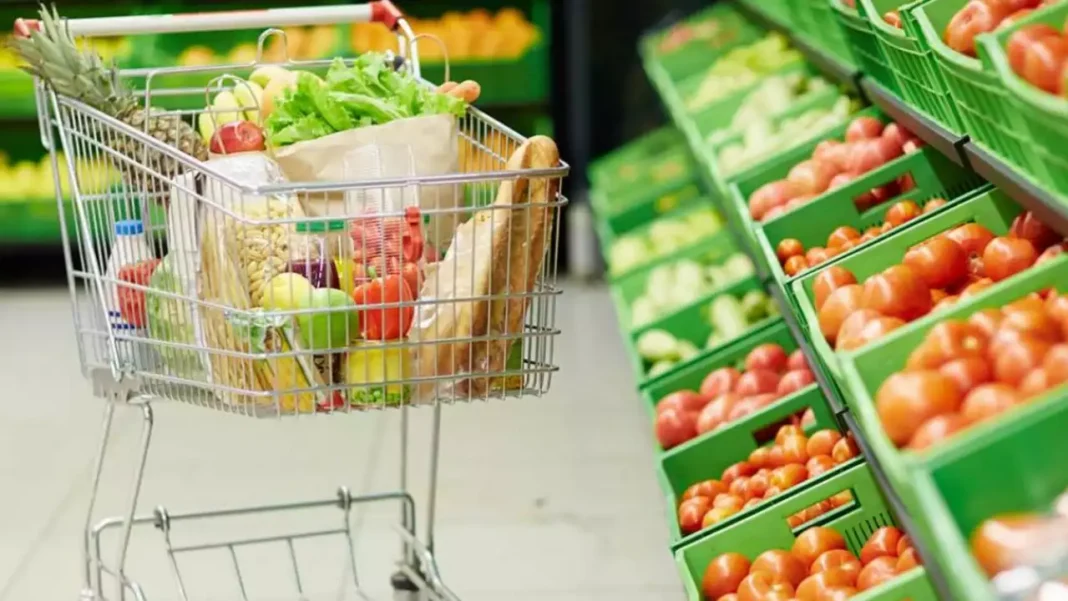In February, British supermarket sales growth decelerated to 5.3% from January’s 6.6%, indicating a decline in food inflation, as per industry data.
The market research firm NIQ reported a drop in food price inflation to 5.0% last month, down from 6.1% in January.
In the four weeks leading up to February 24, market data indicated that 24% of all fast-moving consumer goods (FMCG) sales were purchased through promotional offers. For branded goods, this figure rose to 35%, an increase from 31% compared to the previous year. Meanwhile, for own-label items, it stood at 16%, up from 13% a year ago.
“Whilst industry volumes remain positive, many brands are now chasing growth having lost category share during the high period of inflation,” said Mike Watkins, NIQ’s UK head of retailer and business insight.
Continue Exploring: Marks & Spencer’s food retail arm continues strong sales streak, challenges leading grocers in UK
He forecast levels of promotion would continue to creep up over the next few months.
“With Euro 2024 and Paris Olympics on the horizon, branded promotions will be the drivers of increased discretionary spend post Easter,” he said.
NIQ reported that in the 12 weeks to Feb. 24, online grocer Ocado and Marks & Spencer were the UK’s fastest-growing grocers, with year-on-year sales growth of 12.2% and 11.9%, respectively.
Tesco, the market leader, and Sainsbury’s, the second-largest retailer, both gained market share, achieving sales growth of 6.8% and 8.0%, respectively.
Continue Exploring: British supermarket Morrisons adopts discounters’ pricing to stay competitive
Sales momentum at the German-owned discounters Aldi and Lidl decelerated, recording growth rates of 6.0% and 10.4% respectively, whereas Asda and Morrisons continued to trail behind with growth rates of 2.0% and 3.6% respectively.
Also on Tuesday, a survey conducted by the British Retail Consortium revealed a decline in overall UK spending for February. Poor weather conditions discouraged shoppers from venturing out, while households maintained a cautious approach due to elevated borrowing costs and inflationary pressures.


